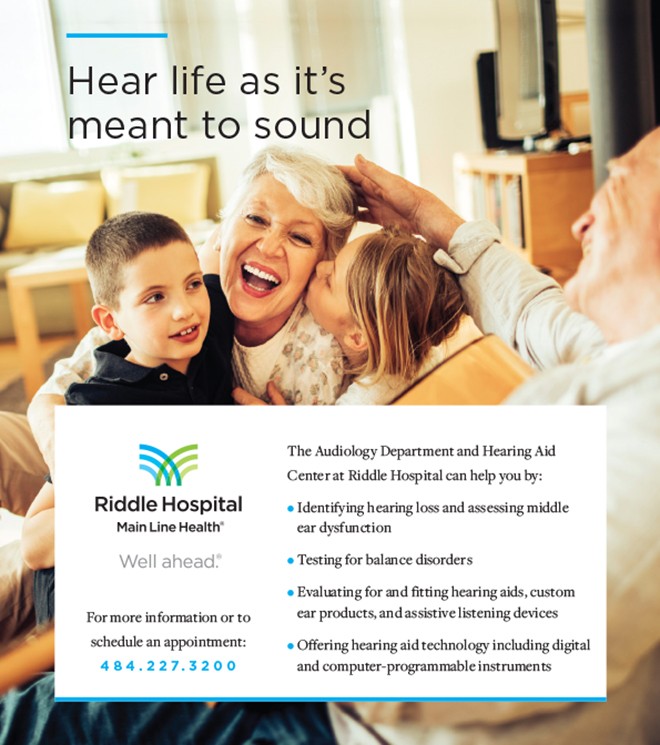Communication: A Two-Way Street

By Alexa R. Lynch, Au.D.
The “communication partner” plays an important role in how well a conversation can be heard and understood by someone who wears hearing aids. A common discussion at hearing aid follow up visits is that those without hearing loss are often unaware of how to speak to someone with hearing loss. While hearing aids certainly improve hearing, they do not restore hearing entirely back to normal and there can be additional challenges with speech processing. Communication strategies and realistic expectations are essential to have a successful conversation. Here are some tips on how you can make an effort to be a great “communication partner”!
Get Their Attention
Before you start speaking, try gaining the listener’s attention by addressing them by name or tapping their shoulder. Once they are aware that you are talking to them, they will be able to focus on the conversation and be less likely to miss the first couple of words you are saying.
Reduce Distance and Competing Noise
The ideal distance for communication is about 5-6 feet. Sometimes habits are difficult to break, but it is unrealistic to try to hold a conversation when you are in another room or there are competing noises such as water running, TV, etc. Face to face communication is always best because the hearing aid wearer can lip read or use other contextual clues to fill in the blanks. Though you may not always have control of the environments you are in, it is helpful to be aware of what environments you will have conversations most easily. For example, if you enjoy going out to eat, try going to a restaurant that is not typically excessively loud. Well-lit locations are also good for better visual cues and lip reading.
Be Conscious of How You Speak
Speak naturally and clearly. It is common to think speaking loud helps, however, shouting or speaking too loudly can distort your speech. You may speak slightly slower, but do not over exaggerate your speech by drawing out your words too dramatically. Speaking fast can be challenging for people with hearing loss because of slowed ability to process speech. If the listener asks for you to repeat yourself, try rewording what you said instead of repeating the same thing. Some sounds or words are easier to hear.
Be Patient and Get Involved
Even with the highest end technology, people who wear hearing aids will likely miss some words here and there. It is important to be understanding of this and not get frustrated. Hearing aids paired with good communication strategies will create the optimal outcome. You are welcome to attend your loved one’s hearing aid visit to provide feedback or learn more about hearing aids. Ask what you can do differently to be a better “communication partner”!
The Riddle Experience
The audiologists at Riddle Hospital share the same goals that you do – to improve hearing and understanding even in your most difficult listening environments. A comprehensive audiological evaluation followed by a listening needs assessment and live hearing aid demonstration will allow the audiologist to make the best recommendations for a hearing treatment plan tailored to your listening needs.
For more information visit our website www.mainlinehealth.org/riddleaudiology or call
484-227-3200.
Jessica M. Bell, Au.D. Doctor of Audiology/Director
Alexa R. Lynch, Au.D Doctor of Audiology
Denise E. Stewart, M.S. Clinical Audiologist
Lisa C. Mackenzie, M.S. Clinical Audiologist
RIDDLE HOSPITAL
Audiology & Hearing Aid Center
1118 West Baltimore Pike Suite 207
Media, PA 19063
(484) 227-3200


